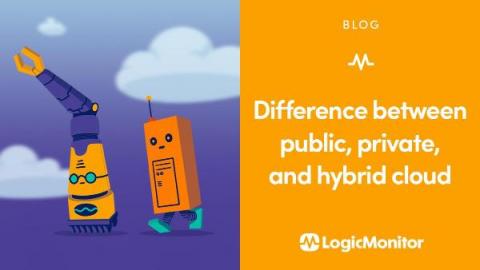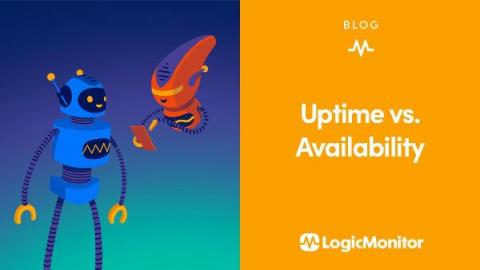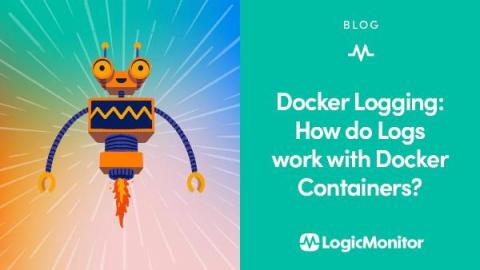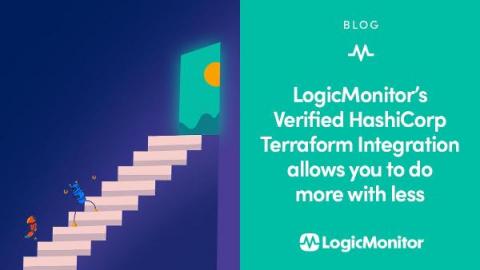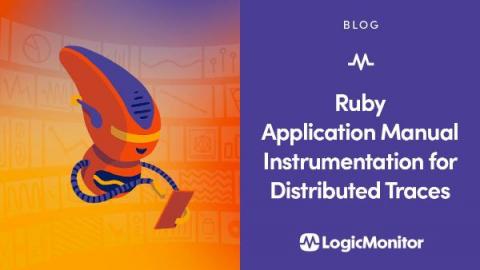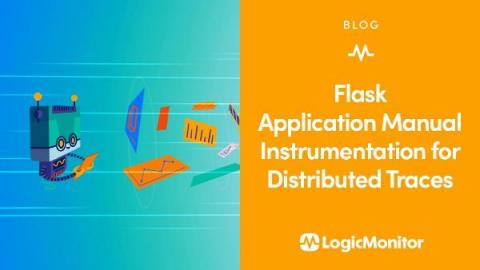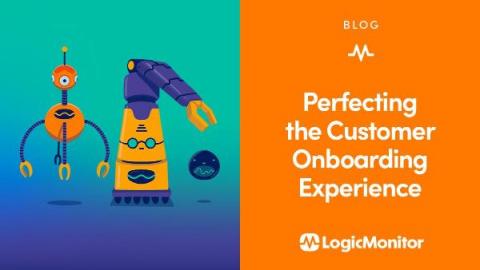Financial Services Customer Maintains 99.99% Uptime With LogicMonitor
In this case study video, LogicMonitor is joined by Abrigo, a software company for financial institutions, to discuss the evolution of the financial technology space through the digital transformation era. From supporting PPP loans throughout the pandemic to consolidating a plethora of monitoring tools into one platform for greater visibility and ease of use – LogicMonitor provides Abrigo with the enterprise-grade SaaS monitoring solution it needs to support its customers 24/7, around the globe.




